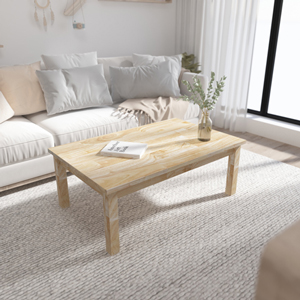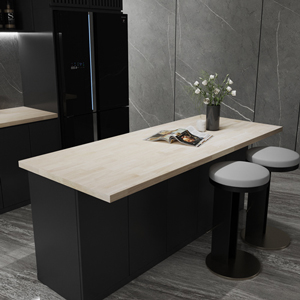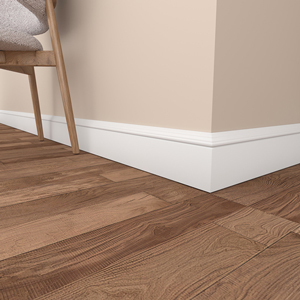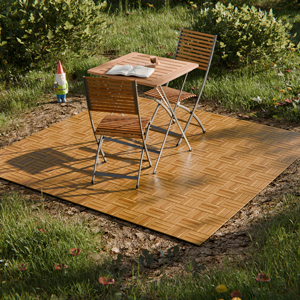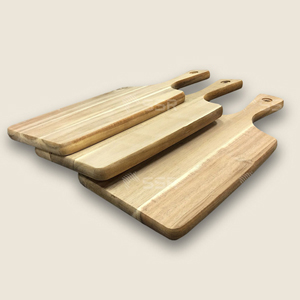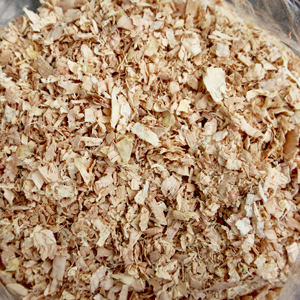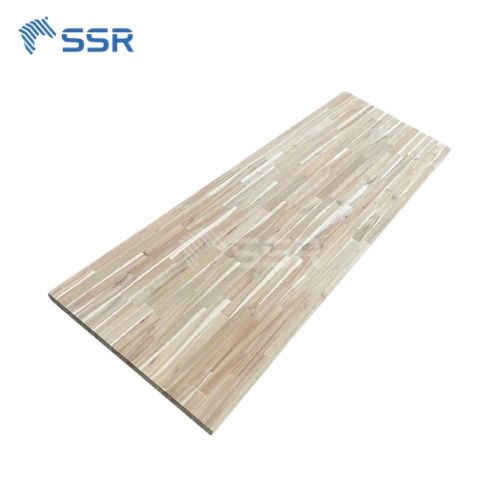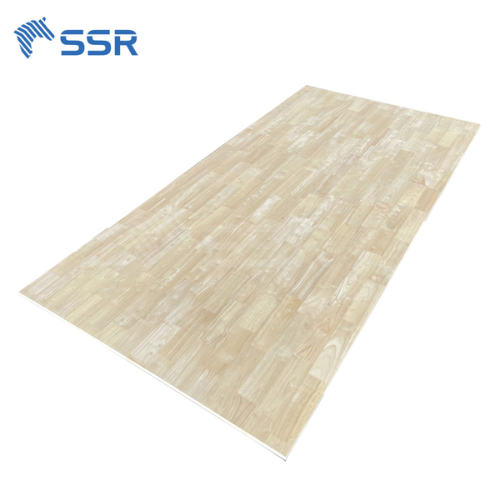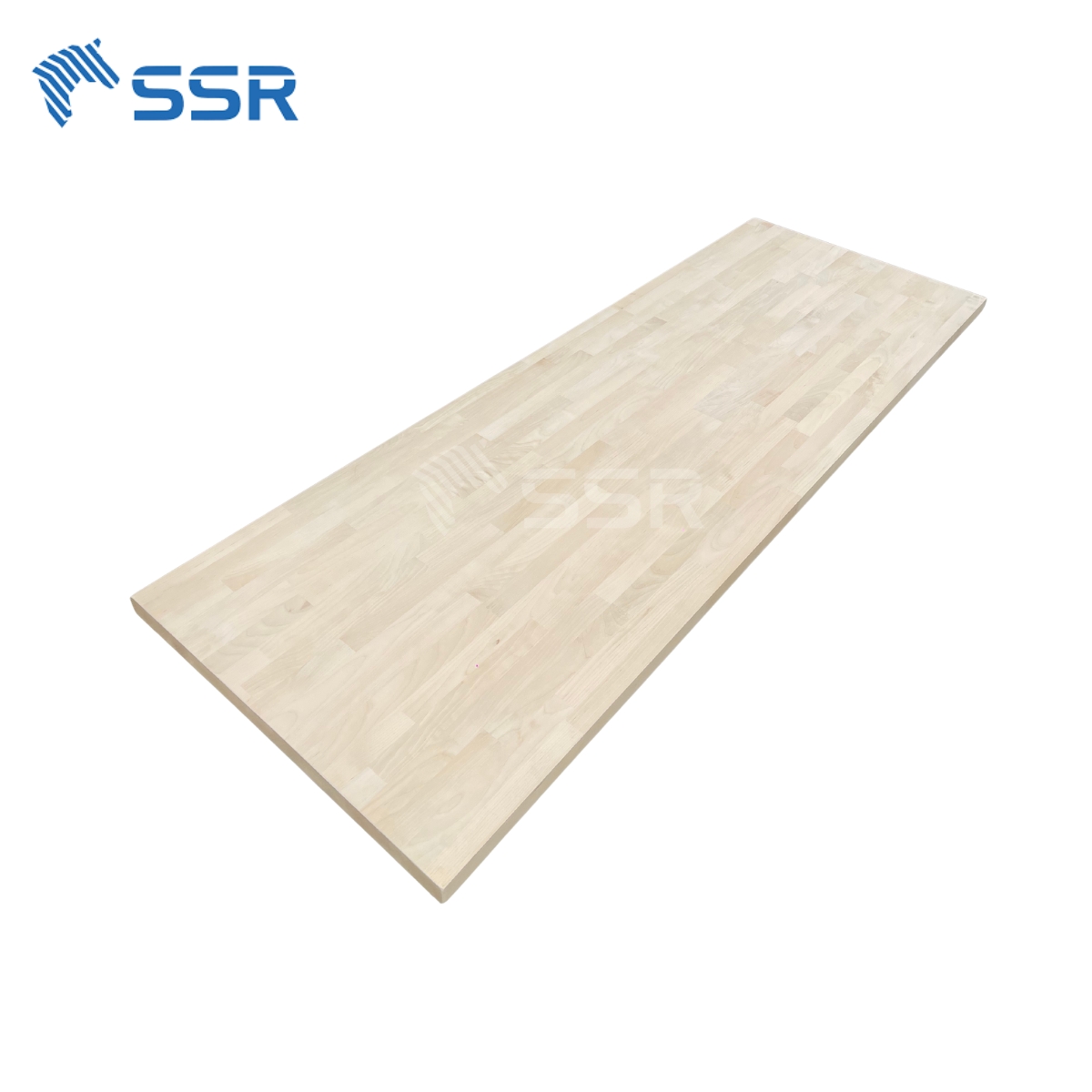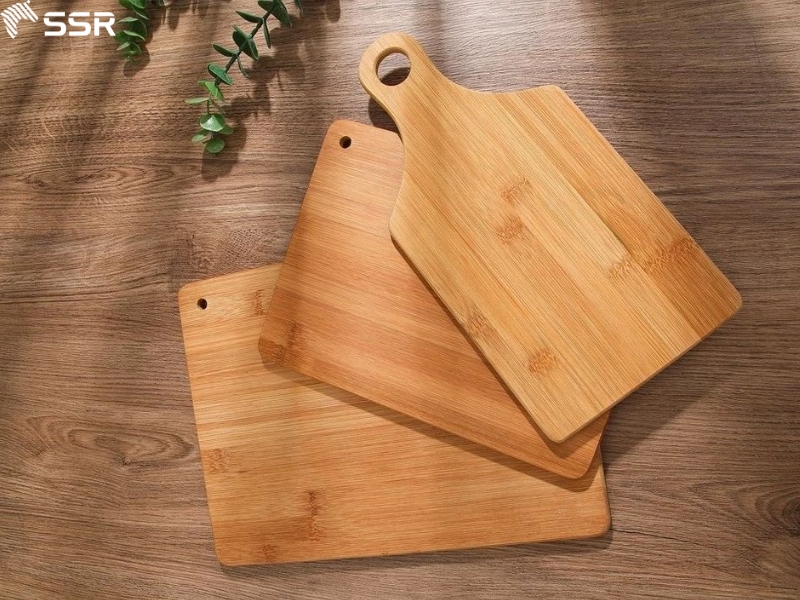NEWS
Acacia timber has a rich history of use across cultures worldwide, valued for its strength, beauty, and unique properties. Its adaptability has made it a favorite for crafting a diverse range of products, each reflecting the creativity and traditions of the regions where it is found.
Hawaiian Craftsmanship
In Hawaii, Acacia wood, particularly from the Koa tree (a species of Acacia), is a prized material. Its natural resonance and tonal qualities make it ideal for creating musical instruments like ukuleles and guitars, which are renowned for their rich, warm sounds. Beyond music, the wood’s strength and beauty lend themselves to traditional Hawaiian bowls and canoes, crafted by skilled artisans to preserve the islands’ cultural heritage.
The Philippines: A Hub for Durable Goods
In the Philippines, Acacia timber is a cornerstone of functional and artistic woodworking. Its durability and resistance to decay make it perfect for building boats that can withstand the country’s tropical climate and coastal environments. The wood is also widely used for cabinet making, intricate carvings, and joinery. Railroad ties, staircases, and furniture are crafted from Acacia for both their strength and aesthetic appeal, highlighting the material’s versatility.
Southeast Asia: Flooring and Furniture Excellence
Throughout Southeast Asia, Acacia wood is highly sought after for its luxurious appearance and practical applications. Various species are used to produce high-quality flooring, parquet, and stair rails, known for their elegance and durability. The wood is also transformed into veneers and wardrobes, providing homes with stylish yet sturdy interior options. These applications underscore Acacia’s ability to combine form and function, making it a staple in the region’s furniture and construction industries.
Central America: A Fusion of Nature and Art
In Central America, certain Acacia species, known for their large, sharp thorns, find unique artistic applications. These thorns are harvested and crafted into jewelry, dolls, and other intricate souvenirs. This use reflects the resourcefulness and artistry of local cultures, turning natural elements into cherished keepsakes.
Australia: Furniture and Outdoor Use
In Australia, Acacia timber is widely used for crafting high-quality furniture, both indoor and outdoor. The wood’s dense and strong properties make it an excellent choice for making long-lasting tables, chairs, and storage units. Acacia’s resistance to the harsh Australian climate, particularly the intense sunlight and occasional rains, makes it ideal for outdoor furniture. Additionally, the wood is often used for flooring, where its vibrant color and smooth finish enhance the aesthetics of both residential and commercial spaces.
India: Carpentry and Craftsmanship
In India, Acacia timber plays an essential role in traditional carpentry and craftwork. It is commonly used for producing wooden carvings, decorative items, and religious artifacts, which are highly valued for their intricate detailing and fine finishes. Acacia is also used for making sturdy furniture, including beds, chairs, and cabinets, which are both functional and aesthetically pleasing. The wood’s resilience to pests and decay makes it suitable for the hot and humid climate of India, where maintaining the longevity of wood products is essential.
Africa: Building Materials and Tools
Acacia is widespread in many African countries, where it is used extensively for building materials and tools. In arid regions, Acacia wood’s resistance to water and its hardness make it an ideal choice for constructing homes, fences, and storage units. The wood’s sturdiness is also employed in making tools, handles, and farm equipment. In certain areas, the thorny branches of Acacia are used to create barriers or thorn fences to protect livestock from predators. Acacia’s ability to thrive in challenging climates and its versatility in construction make it a key resource across much of the continent.
Middle East: Cultural Artifacts and Woodworking
In the Middle East, Acacia timber has been utilized for centuries, particularly in the crafting of cultural artifacts and fine woodworking. The wood’s appealing grain and rich, golden hue make it a favored material for creating ornate furniture, including cabinets and tables, as well as decorative items like chests and picture frames. The fine texture and resistance to decay have made Acacia an excellent choice for producing intricate designs that are both functional and visually striking. Additionally, in regions like the Arabian Peninsula, Acacia is often used to craft tools, including bows and arrows, reflecting its historical importance.
South America: Sustainable Use in Construction and Art
In countries like Brazil and Argentina, Acacia is used for both construction and artisanal craftsmanship. The wood’s durability and strength make it an excellent material for building houses, particularly in rural or forested areas where access to other building materials may be limited. Its resistance to pests and weathering makes Acacia ideal for creating sustainable homes that last for generations. In addition to construction, Acacia is used for crafting artisanal goods, such as jewelry, sculptures, and wooden instruments, which showcase the wood’s versatility in the hands of skilled artisans.
Europe: Sustainable Furniture and Decorative Pieces
In Europe, Acacia is increasingly becoming popular in the production of eco-friendly furniture and decorative pieces. The wood’s natural appeal, combined with its strength, makes it suitable for creating tables, chairs, and cabinetry that blend seamlessly with modern or rustic interiors. European designers are particularly fond of Acacia for its sustainability, as it is often sourced from responsibly managed plantations. The wood’s resistance to decay and attractive grain patterns also make it ideal for creating visually appealing wooden decor, such as mirrors, trays, and sculptures.
South Korea and Japan: Traditional and Modern Crafts
In East Asia, particularly in countries like South Korea and Japan, Acacia wood is used both in traditional crafts and modern design. In Japan, it is incorporated into the creation of tea sets, utensils, and decorative items like trays and boxes, often due to the wood’s smooth texture and durability. In South Korea, Acacia is used in the crafting of furniture, both traditional and contemporary, where it is valued for its aesthetic appeal and strength. The wood is also used in making musical instruments, such as traditional stringed instruments, thanks to its resonance and workability.
A Global Symbol of Creativity and Sustainability
In the modern world, Acacia has become increasingly valued for its eco-friendliness. The growing demand for sustainable and renewable resources has led to the use of Acacia in environmentally-conscious designs. As a fast-growing tree that thrives in a variety of climates, Acacia is a renewable resource that helps reduce the pressure on slower-growing hardwoods. This commitment to sustainability further enhances the wood’s status as a symbol of responsible craftsmanship, with both local and global efforts to promote its use in green construction, eco-friendly furniture, and environmentally-conscious art.
The versatility of Acacia timber also makes it an important player in global commerce. It can be found in homes, businesses, and art galleries worldwide, where its rich color, intricate grain patterns, and durability make it a sought-after material for a wide range of uses. Whether in luxurious furniture pieces or small decorative objects, Acacia wood continues to add elegance and function to any space.
In addition to its practical and artistic contributions, Acacia wood plays a role in cultural sustainability. Many communities, particularly in rural areas, rely on Acacia timber for their livelihoods, creating jobs in woodworking, furniture production, and artisanal crafts. The cultivation and responsible harvesting of Acacia trees support local economies, ensuring that both the material and the craftsmanship associated with it continue to thrive.
Thus, Acacia timber is more than just a resource. It embodies the fusion of tradition, innovation, and sustainability, standing as a testament to the ingenuity of cultures around the world. From functional goods to intricate artworks, Acacia continues to be a versatile, eco-friendly material that inspires creativity and fosters connections across borders, making it an enduring symbol of both global craftsmanship and environmental consciousness.
Featured Products
Acacia Wood Butcher Block Countertops Supplier
Specifications:
- Species: Acacia
- Moisture: < 12%
- Wood Stave (Length): 150-400 mm
- Wood Stave (Width): 30-80 mm
- Length & Width tolerance: 0/+3 mm
- Thickness tolerance: +/- 0.2 mm
- Glue: D4
- Quality: AB, BC or customized
- Surface finish: Sanding 180-240 grit, 2 faces
Rubberwood Finger Joint Board Supplier
- Species: Rubberwood
- Moisture: <12 %
- Wood Stave (Length): 150-600 mm
- Wood Stave (Width): 35-80 mm
- Length & Width tolerance: 0/+3 mm
- Thickness tolerance: +/- 0.2 mm
- Glue: D4
- Quality: AA, AC or customized
- Surface Finish: sanding 240-320 grit, 2 faces
Birch Butcher Block Countertop Supplier
Specifications:
- Species: Birch
- Moisture: < 12%
- Wood Stave (Length): 150-400 mm
- Wood Stave (Width): 20-80 mm
- Length & Width tolerance: 0/+3 mm
- Thickness tolerance: +/- 0.2 mm
- Glue: D4
- Quality: AB, AC or customized
- Surface finish: Sanding 180-240 grit, 2 faces.
Featured News
Related News
SSR at Hawa Expo 2026: Scaling excellence to global markets
Consistency in the global wood industry is the result of large-scale capacity and meticulous coordination. SSR is proud to announce our official participation in HAWA EXPO 2026, driven by a serious commitment to showcase the strength of our integrated ecosystem. This event is a milestone for us to prove that enterprises can fully master the […]
Bamboo Cutting Board Tips for Distributors – SSR VINA
Bamboo has become a popular alternative to traditional hardwoods when it comes to kitchen cutting boards. But is it really a good choice for your kitchen? In this guide, we’ll cover everything from the benefits and downsides to care instructions, environmental impact, and FAQs. What is a Bamboo Cutting Board? A bamboo cutting board is […]
